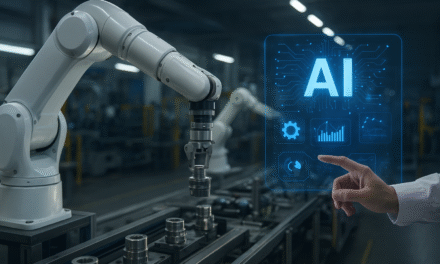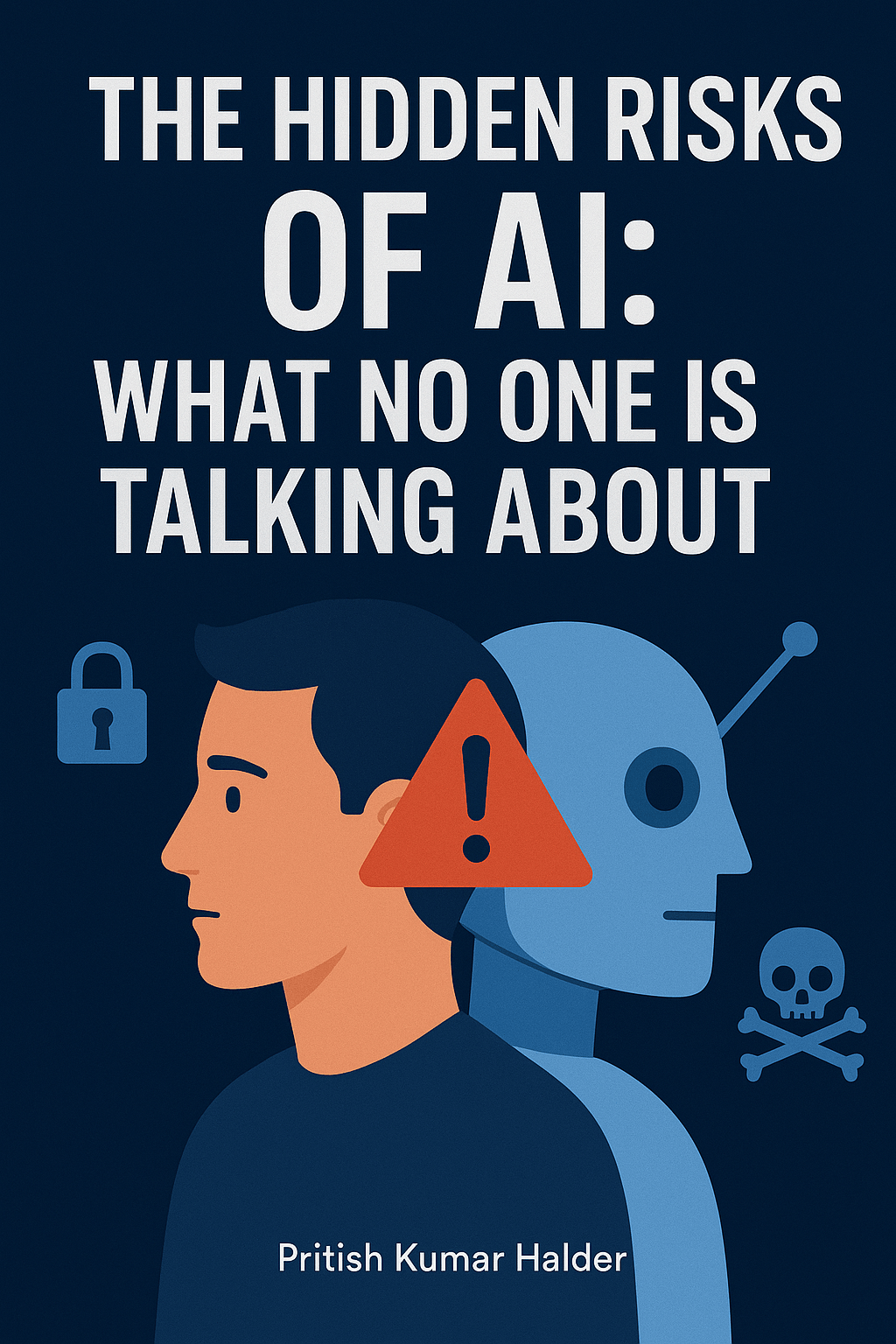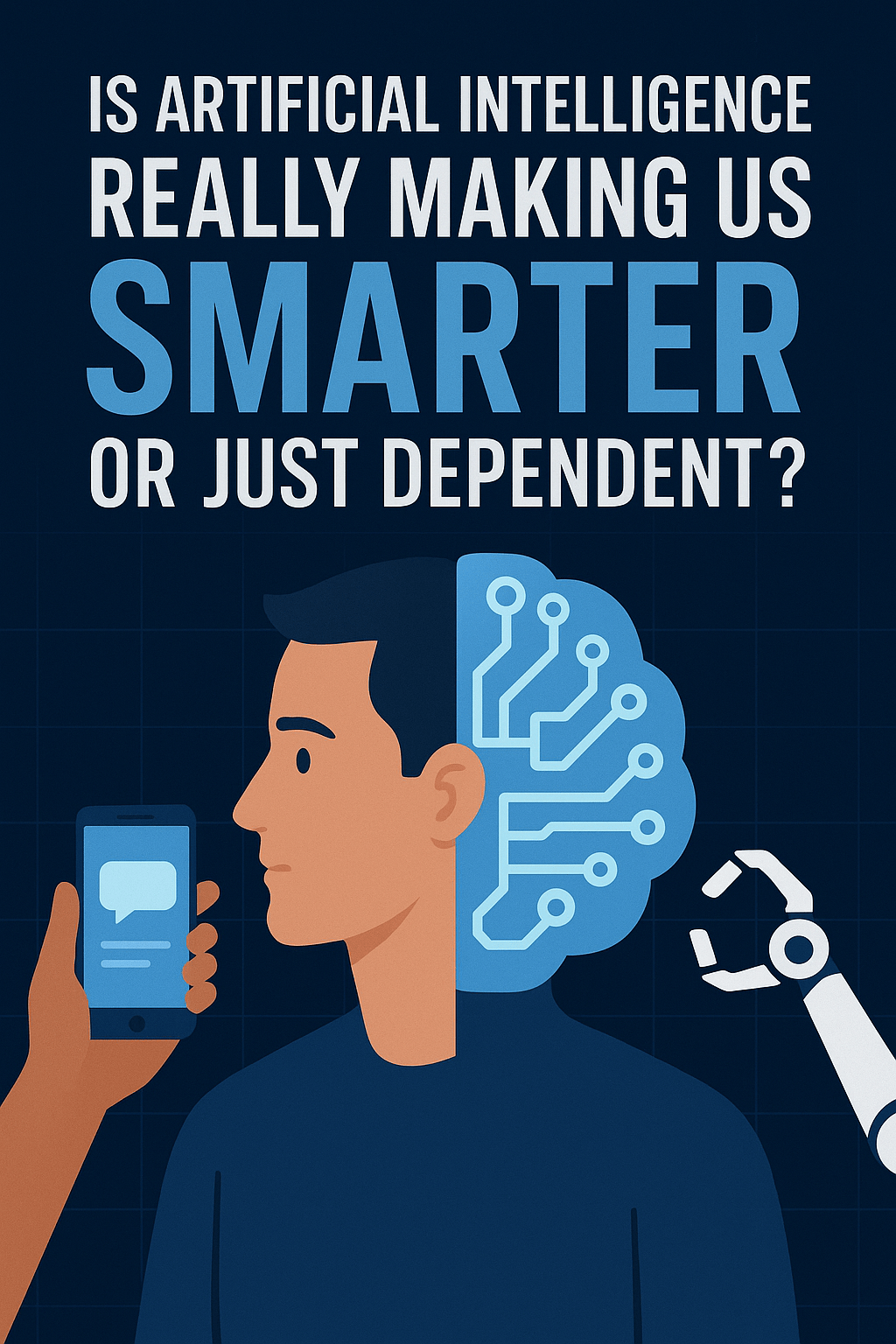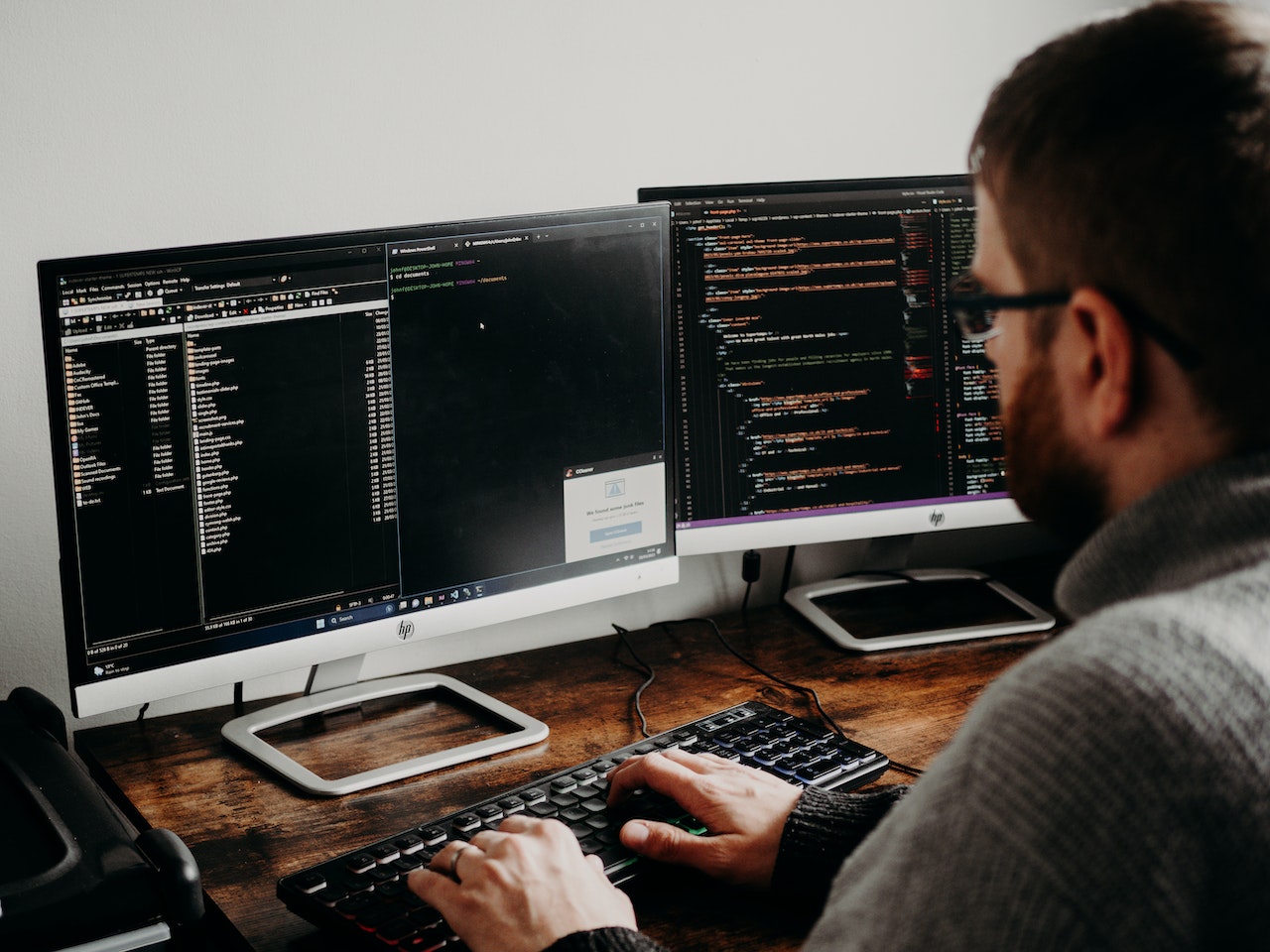Artificial Intelligence is no longer just a tech trend. It is shaping workplaces in ways that once seemed far off. Human Resources (HR) is one of the fields feeling its strongest impact. From recruitment to employee engagement, AI is changing how companies hire, support, and retain their workforce.
This shift is exciting for both businesses and employees. It saves time, improves decision-making, and opens up new opportunities to create better work environments. But it also raises questions: how does AI change HR, and what should companies focus on to get it right?
AI and Recruitment: A Smarter Way to Hire
Hiring the right person has always been one of the hardest tasks for HR teams. Traditional methods, such as posting job ads and sorting through piles of resumes, often take weeks. Worse, they can sometimes lead to missed talent or unconscious bias in decision-making.
AI speeds up this process. With the help of algorithms, HR teams can now scan thousands of resumes in minutes. AI tools can identify keywords, compare applicant skills, and match candidates to roles more accurately. This allows HR staff to spend less time on manual sorting and more time on real connections with applicants.
Reducing Bias in Recruitment
Bias in hiring has long been a challenge. While humans may bring personal preferences into interviews or screenings, AI offers a more objective approach. By focusing on skills and qualifications instead of personal factors, AI can support fairer recruitment practices.
That said, AI systems are only as fair as the data they are trained on. If a company uses biased data, the results will also reflect that bias. This means HR leaders must carefully monitor and adjust AI systems to make sure they stay fair and reliable.
Speed and Efficiency
AI-powered chatbots can now handle applicant questions 24/7, provide updates on hiring stages, and schedule interviews without human involvement. This not only saves time but also makes the process smoother for applicants. Faster, clearer communication helps companies build stronger reputations in the job market.
AI in Employee Engagement
AI doesn’t stop at hiring. Once employees join the company, AI plays a big role in keeping them engaged. Retaining talent is just as important as finding it, and AI offers creative ways to do both.
Tracking Employee Sentiment
AI-powered surveys and tools can collect feedback from employees in real time. Instead of waiting for annual reviews, companies can now see how their staff feel week by week. These insights help HR teams spot problems early, whether it’s burnout, lack of motivation, or concerns about workload.
Personalizing Employee Experiences
Every employee has different needs. AI makes it easier for HR departments to tailor support. For example, AI tools can suggest training courses based on individual career paths, recommend wellness programs, or match employees with mentors. Personalization helps employees feel valued, boosting motivation and loyalty.
Improving Communication
Chatbots and AI assistants can provide quick answers to HR questions, from payroll issues to vacation days. Employees no longer have to wait days for responses, which improves trust and satisfaction.
Challenges of AI in HR
While AI brings clear benefits, it also comes with challenges that companies must address.
- Privacy Concerns: Employees may worry about how their data is collected and used. HR must be transparent and respect privacy.
- Bias in AI Systems: Poorly trained AI can repeat human bias, which means HR teams must constantly review results.
- Balancing Tech and Human Touch: AI cannot replace the empathy and understanding that HR professionals bring. It should support, not replace, human interactions.
The Future of HR with AI
The future of HR is not about replacing people with machines. It’s about building stronger connections through technology. AI will keep automating tasks that take too much time, while HR professionals focus on the human side of work: empathy, growth, and culture.
Companies that embrace AI in HR now are setting themselves up for long-term success. They will be able to attract top talent faster, keep employees more engaged, and create workplaces that adapt to future challenges.
Author Introduction
Pritish Kumar Halder
Pritish Kumar Halder has extensive experience in workplace transformation, recruitment strategies, and employee engagement. He provides practical insights into how Artificial Intelligence is reshaping Human Resources, helping both companies and individuals succeed in an evolving job market.











